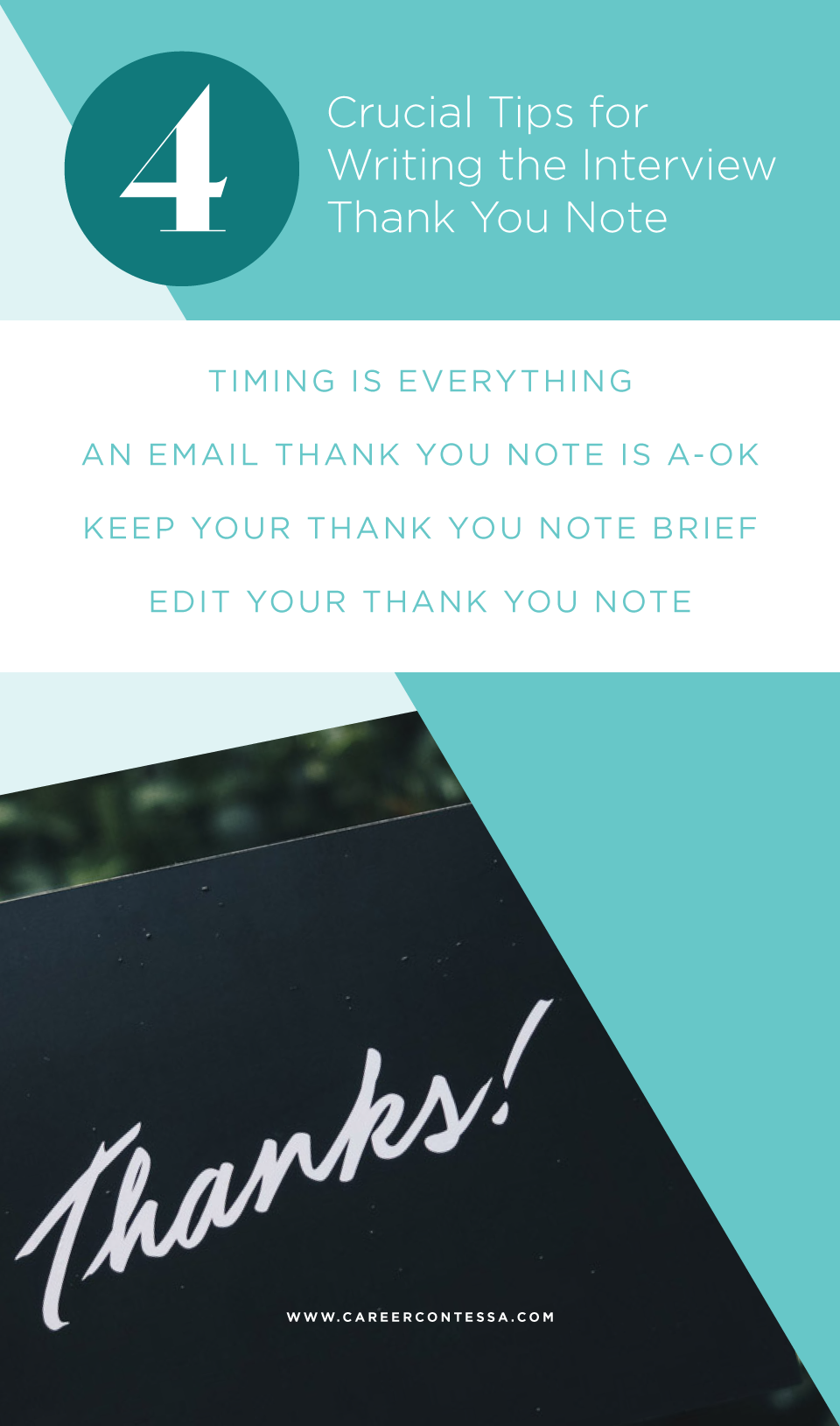#Leadership : #WorkPlace – All your #CoWorkers’ Weird Behavior, Explained…. A Psychologist Breaks Down the Three Factors that Drive most People’s Actions. Understand These, and your Colleagues’ Behavior Won’t Seem so Puzzling.
Succeeding at work requires understanding other people’s actions and the motivations behind them: Did your colleague intentionally word her email in a way meant to undermine your credibility? Did your client fail to call back because he’s thinking of using another supplier? Did your boss pass you in the hallway without smiling because she’s angry at something you said in your last meeting?
There’s a good chance that, without realizing it, you habitually choose a particular type of explanation for other people’s behavior. And the one you tend to choose matters, because it determines how you react. If you misdiagnose the cause of someone’s actions, you run the risk of doing something that could make a situation worse. To avoid that, it helps to understand the primary factors that drive most people’s actions. Here are the top three worth thinking about anytime you’re puzzling over something a colleague might’ve done or said, and determining how best to respond.
Related: How these 4 different personality types find motivation
1. TRAITS
This is arguably the most common factor people use when thinking about other people’s behavior. A trait is a stable tendency someone displays in their interactions with the world. Many (but not all) of these traits reflect personality characteristics that guide people’s choices and actions. For example, you may assume your colleague said something to undercut your credibility because you know her to be manipulative. This tendency of hers corresponds to the common personality characteristic of Machiavellianism, which reflects the degree to which individuals try to manipulate others for their own gain.
Yet despite how often we use traits to explain others’ behaviors, psychological studies generally suggest that personality characteristics account for only around 20%–30% of differences in individuals’ behavior (and the real world, of course, is even messier than controlled studies). That means you probably need to look beyond traits to understand what other people are doing and why they’re doing it.
Related: These personality tests found things out that only my mom knows
Like this Article ? Share It ! You now can easily enjoy/follow/share Today our Award Winning Articles/Blogs with Now Over 2.5 Million Growing Participates Worldwide in our various Social Media formats below:
FSC LinkedIn Network: www.linkedin.com/in/fscnetwork
Facebook: http://www.facebook.com/pages/First-Sun-Consulting-LLC-Outplacement-Services/213542315355343?sk=wall
Google+: https://plus.google.com/115673713231115398101/posts?hl=en
Twitter: Follow us @ firstsunllc
Question: Want the ‘the best/current articles/blogs on the web’ on Job Search, Resume, Advancing/Changing your Career, or simply Managing People?
Answer: Simply go to our FSC Career Blog below & type(#career, #leadership, #life) in Blog Search: https://www.firstsun.com/fsc-career-blog/
What Skill Sets do You have to be ‘Sharpened’ ?
Continue of article:
2. SITUATIONS
Situational circumstances play a big role in what people do and don’t do. So when you’re trying to evaluate what a coworker has done, you also need to think about the context in which they’ve done it. Suppose you left two messages for a client who hasn’t called you back. See if there’s anything you know about that client’s work that might help you figure out what’s going on. You might notice, for instance, that it’s toward the end of their fiscal year, and so they may be dealing with budgets.
Considering the context might sound like an easy or obvious thing to do, but our tendency to interpret events based on personality traits can make situational factors hard to see. To help you out, imagine yourself in the other person’s shoes for a moment: What might be going on around you that would lead you to act as that person did? Even if you can’t diagnose their behavior accurately this way, it may help you avoid assuming that the primary reason for their action was a trait.
3. GOALS
The third big determinant of someone’s actions is their current goals. Most of us overestimate our own impact on people’s behavior. As a result, we assume that we ourselves somehow figure into the explanation for why somebody’s acting in a particular way, when in reality we don’t. It’s much more likely they have some other goal in mind that’s driving what they do.
For example, your boss may have passed you in the hallway without smiling because she’s late for a meeting with a senior executive. She is isn’t angry at you for some prior comment (a situation), and she isn’t generally a cold person (a trait); she’s just mentally preparing for her next meeting (a goal) while on the run. So before jumping to conclusions about someone’s behavior, ask yourself what goals might lead them to act as they did.
As a general strategy, it’s smart to mentally cycle through the traits, situations, and goals that might be motivating your coworkers’ perplexing behavior. The more possibilities you consider, the better prepared you’ll be to respond effectively.
FastCompany.com | 08.01.18 | THE SCIENCE OF WORK











